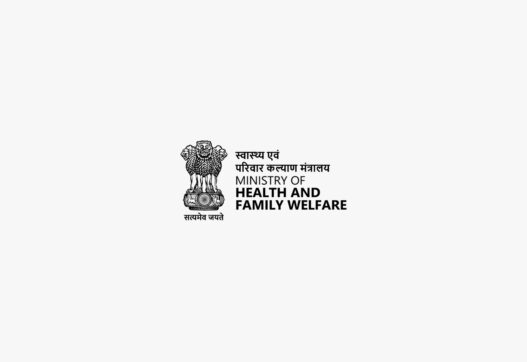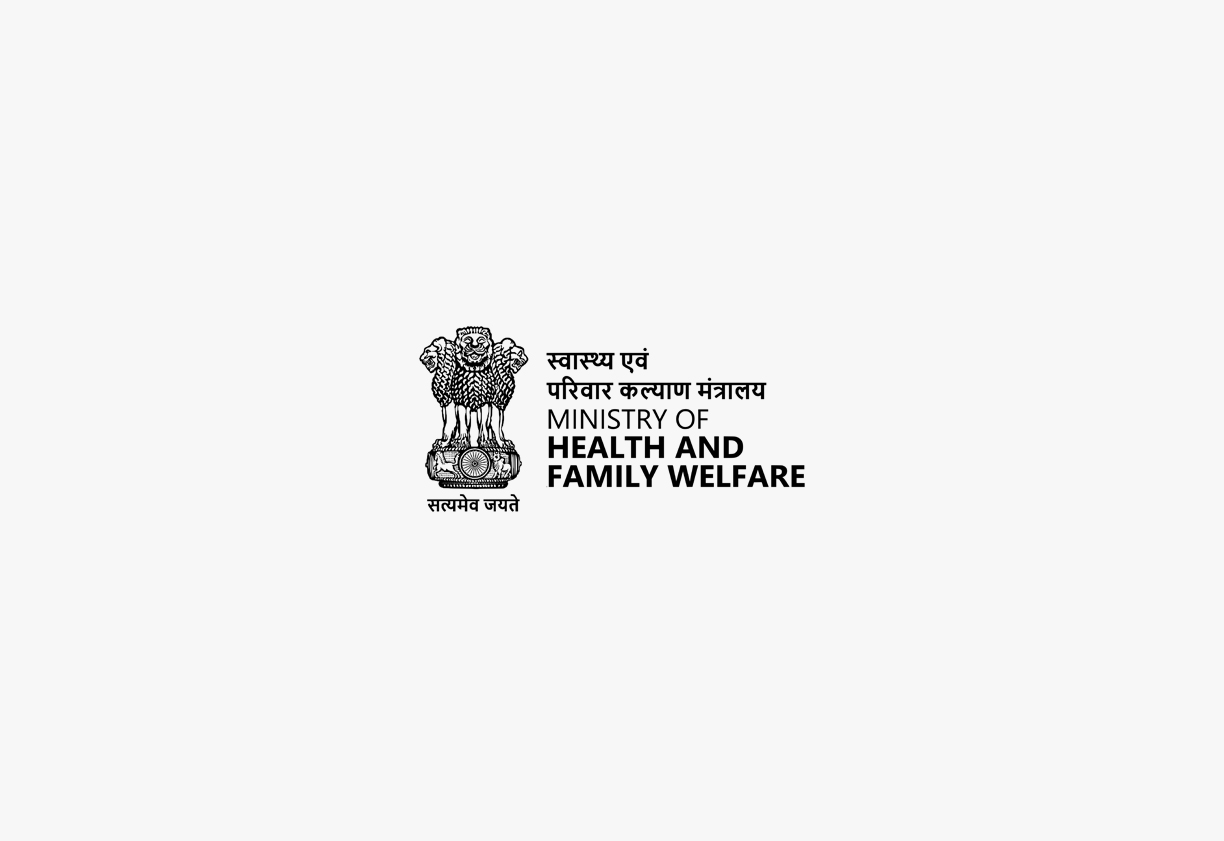Ministry of Health and Family Welfare
The National Commission for Allied and Healthcare Professions Act, 2021, was enacted to regulate and maintain standards of education and services by allied and healthcare professionals, establishing a national framework for the development of these professions in India.
1: Act Background and Ministry Under Which This Act Is:
The National Commission for Allied and Healthcare Professions Act, 2021, was enacted to provide for the regulation and maintenance of standards of education and services by allied and healthcare professionals. This act aims to establish a national framework for the development of these professions, promoting quality and affordable healthcare. The act falls under the administrative purview of the Ministry of Health and Family Welfare, which is responsible for overseeing the implementation and enforcement of regulations related to allied and healthcare professions in India. The ministry plays a crucial role in ensuring a skilled and competent healthcare workforce.
2: Enactment Date, Number of Chapters, Number of Sections:
The National Commission for Allied and Healthcare Professions Act, 2021, was enacted on 28th March, 2021, and is known as Act No. 14 of 2021. The act is structured into eight chapters. It comprises 70 sections, covering various aspects such as definitions, the constitution of the National Commission, State Councils, Autonomous Boards, registration, recognition of qualifications, offenses and penalties, and miscellaneous provisions. The act also includes a schedule listing recognized categories of allied and healthcare professionals. The act has been amended over time to reflect changing requirements.
3: Act Governed By:
The National Commission for Allied and Healthcare Professions Act is governed by the Central Government, which has the power to make rules and regulations under the Act. The National Commission for Allied and Healthcare Professions is the primary regulatory body at the national level, while State Councils are responsible for implementation at the state level. The act is governed by the provisions outlined within it, as well as rules and regulations framed by the Central and State governments. It is a combination of central and state oversight.
4: On Whom It Is Applicable:
The provisions of the National Commission for Allied and Healthcare Professions Act are applicable to all allied and healthcare professionals, educational and research institutions, and the Central and State Governments. The act applies to those who seek registration, recognition of qualifications, and those involved in the training and practice of allied and healthcare professions. The general public are indirect beneficiaries of the Act’s provisions. The act’s focus is on regulating and improving allied healthcare standards.
5: Penalties/Punishments:
The act prescribes penalties for various offenses, including:
-
Falsely Claiming to be Registered: Falsely claiming to be registered can lead to fines and imprisonment.
-
Misuse of Titles: Improper use of titles by unregistered individuals attracts penalties.
-
Contravention of Provisions: Violations of the act or its rules can lead to imprisonment or fines. The act emphasizes compliance through penalties.
6: Important Pointers:
-
National Commission: The act establishes the National Commission for Allied and Healthcare Professions as a central regulatory body.
-
State Councils: It provides for the formation of State Councils to maintain registers and enforce standards at the state level.
-
Autonomous Boards: It outlines the constitution of Autonomous Boards to oversee various aspects of allied and healthcare education.
-
Central Register: It provides for the maintenance of a Central Register of allied and healthcare professionals.
-
State Register: It mandates the maintenance of State Registers by State Councils.
-
Recognition of Qualifications: It outlines the process for recognizing qualifications and training institutions.
-
Rule-Making Power: It empowers the Central and State governments to make rules and regulations for carrying out the purposes of the act. The act provides a comprehensive framework for allied healthcare regulation.
7: Act Copy:




